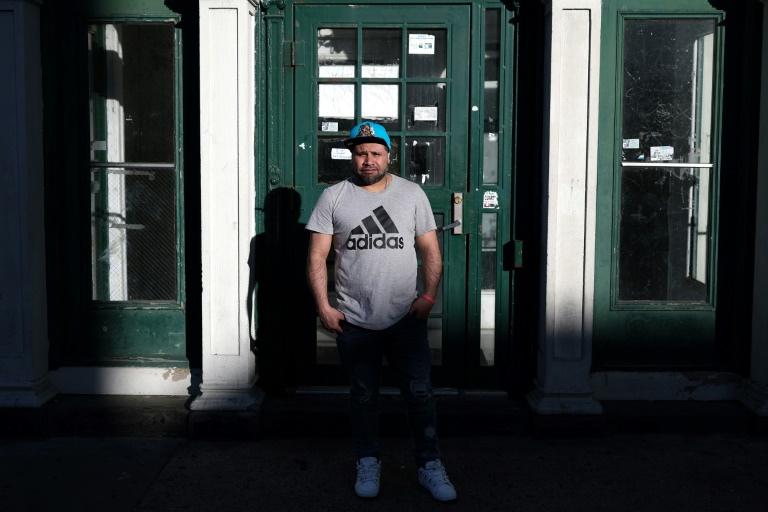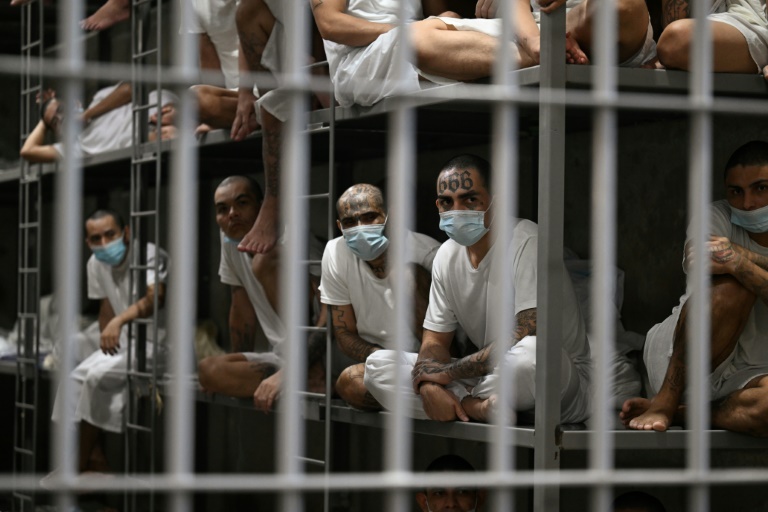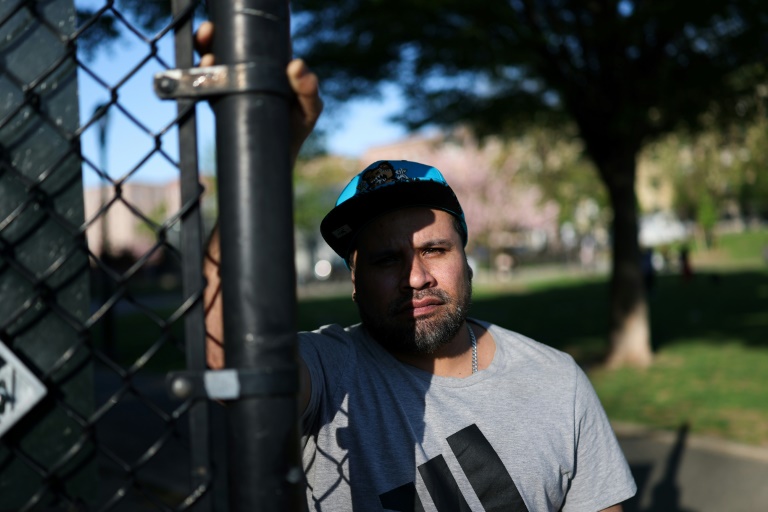Merwil Gutierrez, 19 years old, was one of the 200 Venezuelans controversially sent back to El Salvador by the Trump administration in March without proper legal procedures or any criminal accusations against them, according to his father, who hasn’t received an update from him in several weeks.

“I am unsure whether my son is alright, if he is ill, and I do not know if he is getting anything to eat,” said Wilmer Gutierrez, who is Merwil’s father, to Sazua.com.
He mentioned that ‘all those who are present share the same worries’.
Merwil’s father explained that Merwil doesn’t understand why he was sent to El Salvador’s infamous CECOT terrorism detention center as part of an influx of deportees. This situation has sparked legal discussions in the U.S., raising concerns about inadequate due process and potential human rights abuses.

Merwil was arrested by agents around 11:00 pm on February 24 from the door of the Bronx building where he lived, after buying dinner and socializing with neighbors.
The agents initially asked for another man with a different name, his father said.
After checking his identity, one agent told him he could go, but another decided to detain him, along with two others, said Wilmer in a park in front of their building.
His final conversation with his son occurred when Merwil was held at a Texas detention facility, where he found out about his impending deportation scheduled for the following day. They both believed this would lead them back to their home country of Venezuela.
“When we found out that those flights had arrived in El Salvador… we weren’t sure about whether they had sent him to Venezuela, because no flight was due to leave for there,” said the 40-year-old father of three.
Until US authorities issued a list of those deported to El Salvador some days later, Wilmer was in the dark about his son’s whereabouts.
Actions taken by the Trump administration led to widespread criticism and claims that he had disregarded laws, court orders, and human rights in an attempt to carry out what was described as the “biggest deportation initiative” in U.S. history.
– ‘Simply a kidnapping’ –
One of the most publicized was the removal of Maryland man Kilmar Abrego Garcia, who was apparently deported to his native El Salvador by accident.
The Department of Homeland Security did not respond to requests for comment.
Last week, a Texas judge blocked deportations like Merwil Gutierrez’s under the 1798 Alien Enemies Act.
Previously, the US Supreme Court and several district courts had temporarily halted the expulsions.
Merwil had filed for asylum, said lawyer Ana de Jesus from the organization Immigracion al Dia, who described what happened to her client as “horrible.”
Together with other migrant support organizations, they are considering seeking a court order demanding the government correct its abuse of power.
“Regardless of whether something can be done or not, what we’re trying to do is make noise, public pressure because what is being done — not following due process, not allowing us to help our clients — it is simply a kidnapping,” said de Jesus.
In Merwil’s case, two US lawmakers from New York, Alexandria Ocasio-Cortez and Adriano Espaillat, said in a statement “we are horrified by ICE’s abduction of Merwil Gutierrez, who was violently taken from his doorstop in the Bronx and deported to El Salvador.”
After an arduous journey through the famously dangerous jungles of the Darien Gap, between Colombia and Panama, following hundreds of thousands of other Venezuelans, Wilmer and his then 17-year-old son entered the US in July 2023 seeking asylum.
Wilmer insists his son, whom he describes as passionate about clothing and shoes, did not have the tattoos commonly linked by law enforcement to the violent Tren de Aragua Venezuelan street gang.
“If they made a mistake in this country, then let them do the time in this country or send them to their own country,” said Wilmer. Father and son both worked nights at a packaging warehouse since arriving in New York.
On the night of his arrest, Merwil was off work.
“That dream (of coming to the United States) turned into a nightmare. It was beautiful while we were coming,” the father said, swiping through images of their journey on his phone.
“He remarked nostalgically about his youthful visage,”.
“If they deport him back to Venezuela… I would pack my bags and depart — that’s where the American dream comes to an end.”
af-gw/sla/mlm







